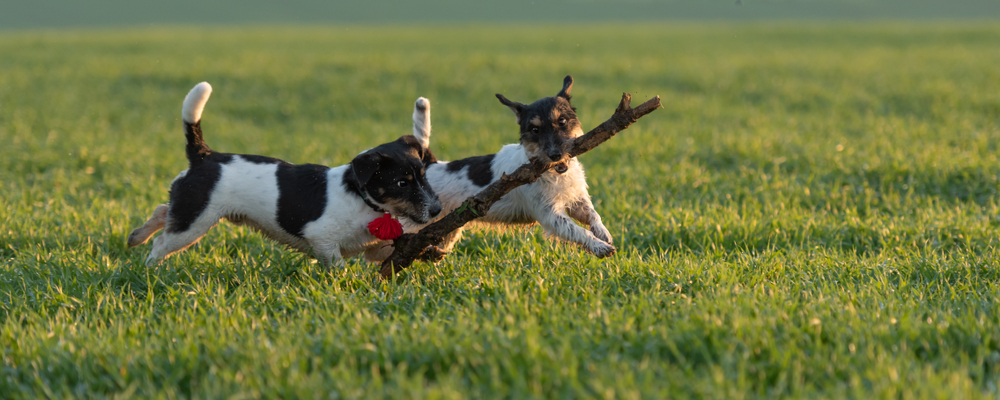
As a pet owner, there are few things more stressful than seeing your dog or cat get bitten by another animal. Animal bites can happen in the blink of an eye - whether during a walk in the neighborhood, at a local dog park, or even in your own backyard. Knowing how to respond quickly and effectively is crucial for your pet’s health and safety.
Assess the Situation and Ensure Safety
Before approaching your pet, make sure the immediate area is safe. If the aggressive animal is still present, do not attempt to intervene directly; call animal control if needed. Your safety comes first. Once the area is clear, approach your pet calmly to avoid causing additional stress or fear.
Examine the Wound
Look for visible punctures, lacerations, bleeding, or swelling. Even if the wound appears minor, animal bites can introduce bacteria deep beneath the skin, increasing the risk of infection. Check your pet’s entire body - sometimes fur can hide wounds.
Stop Any Bleeding
If there is active bleeding, gently place a clean cloth or sterile gauze over the wound and apply light pressure. If the bleeding is heavy or doesn’t slow after a few minutes, seek veterinary attention immediately.
Clean the Wound
If the bite is minor and bleeding is controlled, you can gently rinse the area with clean water. Avoid using hydrogen peroxide or alcohol, as these can damage healthy tissue. Never attempt to treat deep wounds at home - these require professional care.
Contact Your Veterinarian
Regardless of the bite’s severity, it’s essential to have your pet examined by a veterinarian. Animal bites can lead to serious complications such as infections, abscesses, and even the transmission of diseases like rabies. Your veterinarian will assess the wound, determine if antibiotics or pain medication are needed, and may recommend a rabies booster if the other animal’s vaccination status is unknown.
Monitor for Signs of Infection
Over the next few days, closely watch your pet for signs of infection, including redness, swelling, discharge, pain, or fever. If any of these symptoms develop, return to the veterinarian promptly for further treatment.
Preventing Future Bites
While some situations are unavoidable, you can help prevent animal bites by supervising pets when outdoors, keeping them on a leash, and avoiding interactions with unknown or aggressive animals. Ensuring your pet’s vaccinations are up to date also protects against certain diseases transmitted through bites.
Contact Us for Urgent Animal Bite Treatment
Animal bites can be frightening, but taking quick and appropriate action can make a significant difference in your pet’s recovery. Prompt veterinary care is the best way to minimize complications and keep your furry family member safe.
If your pet has been bitten by another animal, contact Airport Freeway Animal Emergency Hospital right away. Visit our office in Euless, Texas, or call (817) 571-2088 for further guidance.









